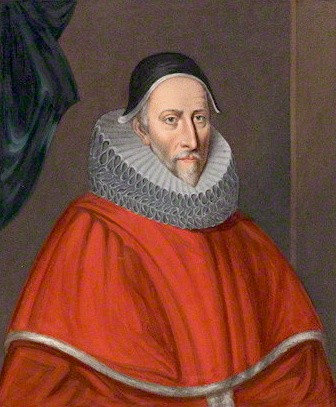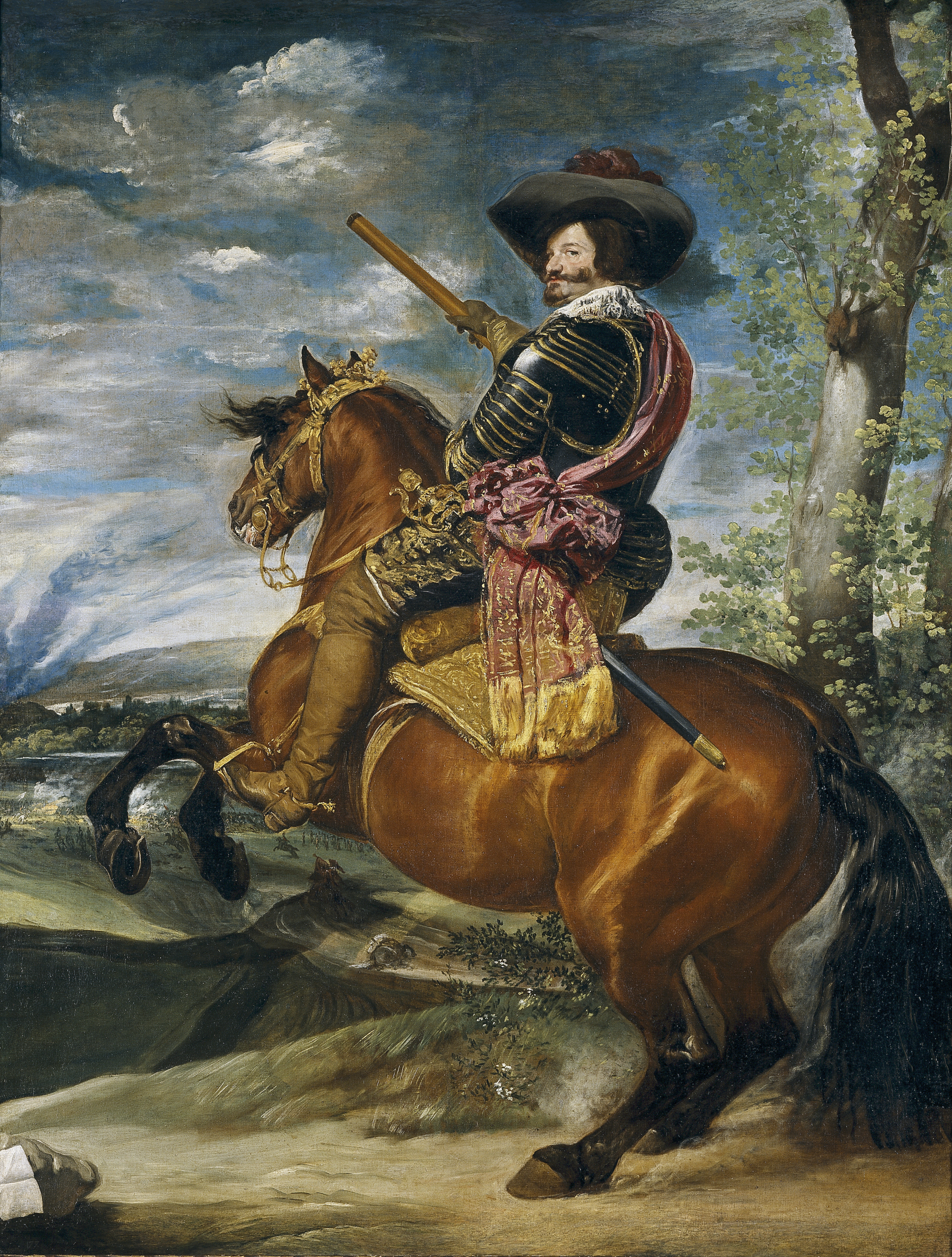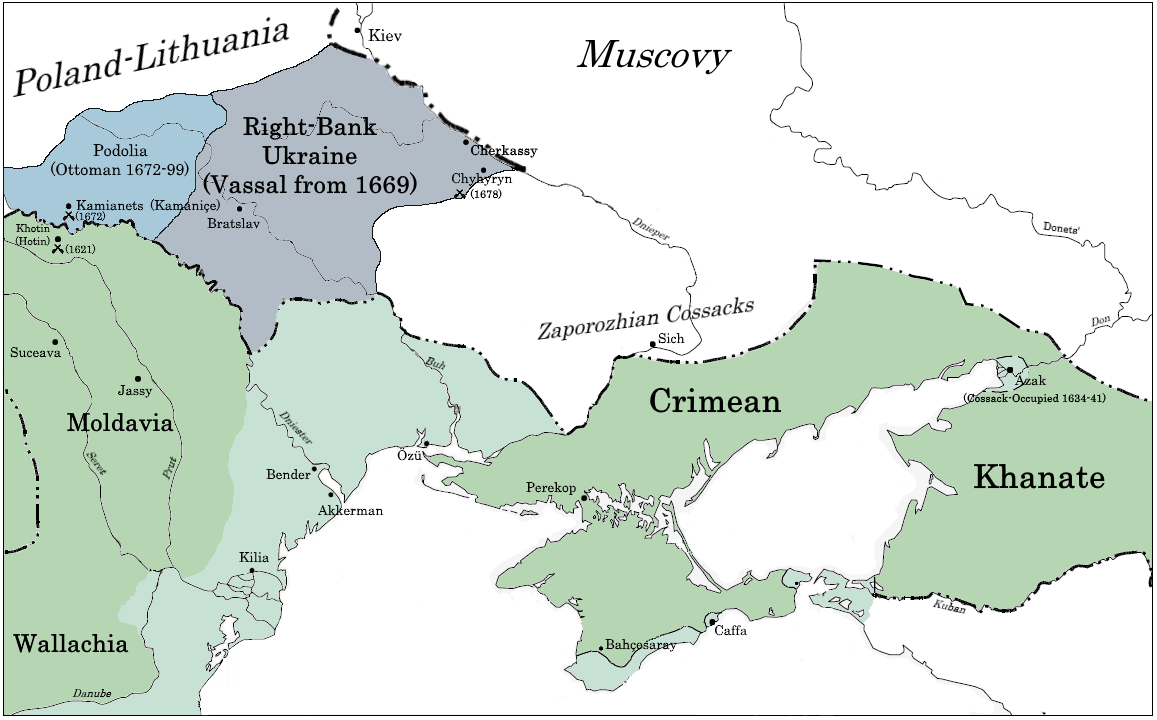|
1624 Births
Events January–March * January 14 – After 90 years of Ottoman Empire, Ottoman occupation, Baghdad is recaptured by the Safavid empire, Safavid Empire. * January 22 – Korean General Yi Gwal leads Yi Gwal's Rebellion, an uprising of 12,000 soldiers against King Injo in what is called then the Joseon Kingdom, and occupies Hanseong. * January 24 – Afonso Mendes, appointed by Pope Gregory XV as Prelate of Ethiopia, arrives at Massawa from Goa. * February 7 – (January 28, 1623/4 old style) England first colonizes Saint Kitts and Nevis. * February 11 – Yi Gwal installs Prince Heungan, son of the late Seonjo of Joseon, King Seongjo, to the Korean throne. * February 15 – Yi Gwal's Rebellion ends as the rebels murder Yi Gwal at the town of Mukbang-ri. * February 16 – Kara Mustafa Pasha becomes the Ottoman Governor of Egypt for the second time. * February 19 **Philip IV of Spain, King Filipe III of Portugal issues a decree Slavery in P ... [...More Info...] [...Related Items...] OR: [Wikipedia] [Google] [Baidu] |
Saint Kitts And Nevis
Saint Kitts and Nevis, officially the Federation of Saint Christopher (St Kitts) and Nevis, is an island country consisting of the two islands of Saint Kitts and Nevis, both located in the West Indies, in the Leeward Islands chain of the Lesser Antilles. With of territory, and roughly 48,000 inhabitants, it is the smallest sovereign state in the Western Hemisphere, in both List of countries and dependencies by area, area and List of countries and dependencies by population, population, as well as the world's smallest sovereign federation. The country is a Commonwealth realm, with Charles III as Monarchy of Saint Kitts and Nevis, king and head of state. The capital city is Basseterre, located on the larger island of Saint Kitts. Basseterre is also the main port for passenger entry (via cruise ships) and cargo. The smaller island of Nevis lies approximately to the southeast of Saint Kitts, across a shallow channel called The Narrows (Saint Kitts and Nevis), The Narrows. The B ... [...More Info...] [...Related Items...] OR: [Wikipedia] [Google] [Baidu] |
February 28
Events Pre-1600 *202 BC – Emperor Gaozu of Han, Liu Bang is enthroned as the Emperor of China, beginning four centuries of rule by the Han dynasty. * 870 – The Fourth Council of Constantinople (Roman Catholic), Fourth Council of Constantinople closes. *1525 – Aztec king Cuauhtémoc is executed on the order of conquistador Hernán Cortés. 1601–1900 *1638 – The Scottish National Covenant is signed in Edinburgh. *1835 – Elias Lönnrot signed and dated the first version of the ''Kalevala'', the so-called foreword to the ''Old Kalevala''. *1844 – A gun USS Princeton disaster of 1844, explodes on board the steam warship ''USS Princeton (1843), USS Princeton'' during a pleasure cruise down the Potomac River, killing six, including Secretary of State Abel P. Upshur, Abel Upshur. President John Tyler, who was also on board, was not injured from the blast. 1901–present *1922 – The United Kingdom ends its protectorate over Egypt through a Un ... [...More Info...] [...Related Items...] OR: [Wikipedia] [Google] [Baidu] |
James I Of England
James VI and I (James Charles Stuart; 19 June 1566 – 27 March 1625) was King of Scotland as James VI from 24 July 1567 and King of England and Ireland as James I from the union of the Scottish and English crowns on 24 March 1603 until his death in 1625. Although he long tried to get both countries to adopt a closer political union, the kingdoms of Scotland and England remained sovereign states, with their own parliaments, judiciaries, and laws, ruled by James in personal union. James was the son of Mary, Queen of Scots, and a great-great-grandson of Henry VII, King of England and Lord of Ireland, and thus a potential successor to all three thrones. He acceded to the Scottish throne at the age of thirteen months, after his mother was forced to abdicate in his favour. Although his mother was a Catholic, James was brought up as a Protestant. Four regents governed during his minority, which ended officially in 1578, though he did not gain full control of his governmen ... [...More Info...] [...Related Items...] OR: [Wikipedia] [Google] [Baidu] |
4th Parliament Of King James I
The 4th Parliament of King James I was the fourth and last Parliament of England of the reign of James I of England, summoned on 30 December 1623, sitting from 19 February 1624 to 29 May 1624, and thereafter kept out of session with repeated prorogations, it was dissolved on the death of the King on 27 March 1625.; ; The Speaker of the House of Commons was Sir Thomas Crewe, the member for Aylesbury. History The parliament was referred to as "''Fælix Parliamentum''" or the "Happy Parliament" by Sir Edward Coke. The three previous parliaments of James I had been a source of conflict and the King's opening address to the Commons commented on the "desire of all parties to forget past disagreements." However the parliamentary session was clouded by mutual suspicion and nearly every speech made tacit or explicit comments with reference to previous sessions. Charles, Prince of Wales and the Duke of Buckingham used the Parliament to aid their push for a war against Spain. Buckingham ... [...More Info...] [...Related Items...] OR: [Wikipedia] [Google] [Baidu] |
Slavery In Portugal
Slavery in Portugal existed since before the country's formation. During the pre-independence period, inhabitants of the current Portuguese territory were often enslaved and enslaved others. After independence, during the existence of the Kingdom of Portugal, the country played a leading role in the Atlantic slave trade, which involved the mass trade and transportation of slaves from Africa and other parts of the world to the Americas. The import of black slaves was banned in European Portugal in 1761 by the Marquis of Pombal, and at the same time, the trade of black slaves to Brazil was encouraged, with the support and direct involvement of the Marquis. Slavery in Portugal was only abolished in 1869. The Atlantic slave trade began circa 1336 or 1341, when Portuguese traders brought the first canarian slaves to Europe. In 1526, Portuguese mariners carried the first shipload of African slaves to Brazil in the Americas, establishing the triangular Atlantic slave trade. Histor ... [...More Info...] [...Related Items...] OR: [Wikipedia] [Google] [Baidu] |
Portugal
Portugal, officially the Portuguese Republic, is a country on the Iberian Peninsula in Southwestern Europe. Featuring Cabo da Roca, the westernmost point in continental Europe, Portugal borders Spain to its north and east, with which it shares Portugal-Spain border, the longest uninterrupted border in the European Union; to the south and the west is the North Atlantic Ocean; and to the west and southwest lie the Macaronesia, Macaronesian archipelagos of the Azores and Madeira, which are the two Autonomous Regions of Portugal, autonomous regions of Portugal. Lisbon is the Capital city, capital and List of largest cities in Portugal, largest city, followed by Porto, which is the only other Metropolitan areas in Portugal, metropolitan area. The western Iberian Peninsula has been continuously inhabited since Prehistoric Iberia, prehistoric times, with the earliest signs of Human settlement, settlement dating to 5500 BC. Celts, Celtic and List of the Pre-Roman peoples of the Iberia ... [...More Info...] [...Related Items...] OR: [Wikipedia] [Google] [Baidu] |
Philip IV Of Spain
Philip IV (, ; 8 April 160517 September 1665), also called the Planet King (Spanish: ''Rey Planeta''), was King of Spain from 1621 to his death and (as Philip III) King of Portugal from 1621 to 1640. Philip is remembered for his patronage of the arts, including such artists as Diego Velázquez, and his rule over Habsburg Spain, Spain during the Thirty Years' War. By the time of his death, the Spanish Empire had reached approximately 12.2 million square kilometres (4.7 million square miles) in area but in other aspects was in Decline of Spain, decline, a process to which Philip contributed with his inability to achieve successful domestic and military reform. He was succeeded on his death by his young son Charles II of Spain, Charles II as King of Spain and in 1640 (with the collapse of the Iberian Union) by John IV of Portugal, John IV as King of Portugal. Personal life Philip IV was born in the Royal Palace of Valladolid, and was the eldest son of Philip III of Spai ... [...More Info...] [...Related Items...] OR: [Wikipedia] [Google] [Baidu] |
February 19
Events Pre-1600 * 197 – Emperor Septimius Severus defeats Roman usurper, usurper Clodius Albinus in the Battle of Lugdunum, the bloodiest battle between Roman armies. * 356 – The anti-paganism policy of Constantius II forbids the worship of pagan idols in the Roman Empire. *1594 – Having already been elected to the throne of the Polish–Lithuanian Commonwealth in 1587, Sigismund III Vasa, Sigismund III of the House of Vasa is crowned King of Sweden, having succeeded his father John III of Sweden in 1592. *1600 – The Peruvian stratovolcano Huaynaputina explodes in the most violent eruption in the recorded history of South America. 1601–1900 *1649 – The Second Battle of Guararapes takes place, effectively ending Dutch colonization efforts in Brazil. *1674 – England and the Netherlands sign the Treaty of Westminster (1674), Treaty of Westminster, ending the Third Anglo-Dutch War. A provision of the agreement transfers the Dutch colony of New ... [...More Info...] [...Related Items...] OR: [Wikipedia] [Google] [Baidu] |
Ottoman Governor Of Egypt
The Ottoman Empire's governors of Egypt Eyalet, Egypt from 1517 to 1805 were at various times known by different but synonymous titles, among them ''beylerbey'', viceroy, governor, governor-general, or, more generally, ''wāli''. Furthermore, the Ottoman sultans very often changed positions of their governors in rapid succession, leading to complex and long lists of incumbents (this being the main reason for a political crisis in 1623, where the local Ottoman soldiers successfully sued to keep Kara Mustafa Pasha (governor of Egypt), Kara Mustafa Pasha as governor after his replacement by Çeşteci Ali Pasha after only one year). Governors ruled from the Cairo Citadel in Cairo. They ruled along with their divan (governmental council), consisting of a ''kadı'' (judge) and ''defterdar'' (treasurer). The title "''beylerbey''" refers to the regular governors specifically appointed to the post by the Ottoman sultan, while the title "''kaymakam''", when used in the context of Ottoman E ... [...More Info...] [...Related Items...] OR: [Wikipedia] [Google] [Baidu] |
Kara Mustafa Pasha
Kara Mustafa Pasha (; ; "Mustafa Pasha the Courageous"; 1634/1635 – 25 December 1683) was an Ottoman nobleman, military figure and Grand Vizier, who was a central character in the Ottoman Empire's last attempts at expansion into both Central and Eastern Europe. Early life and career Kara Mustafa Pasha was of Turkish origin. However, he was brought up in the Köprülü family, of Albanian origin. He was born in the village of Mirince/Marınca near Merzifon (now called Karamustafapaşa after him), the son of a ''sipahi'', cavalry man. His father is said to have served under Köprülü Mehmed Pasha. Possibly as a way to increase his possibilities to start an administrative career, he was introduced into the Köprülü household, where he was educated by Köprülü Mehmed Pasha, and married into the Köprülü family.''The Siege of Vienna'', John Stoye, p. 18. How he entered the family and the details of his marriage are unclear. Within the household's inner service (''end ... [...More Info...] [...Related Items...] OR: [Wikipedia] [Google] [Baidu] |
February 16
Events Pre-1600 * 1249 – Andrew of Longjumeau is dispatched by Louis IX of France as his ambassador to meet with the Khagan of the Mongol Empire. * 1270 – The Grand Duchy of Lithuania defeats the Livonian Order in the Battle of Karuse. 1601–1900 * 1630 – Dutch forces led by Hendrick Lonck capture Olinda in what was to become part of Dutch Brazil. * 1646 – Battle of Torrington, Devon: The last major battle of the First English Civil War. * 1699 – First Leopoldine Diploma is issued by the Holy Roman Emperor, recognizing the Greek Catholic clergy enjoyed the same privileges as Roman Catholic priests in the Principality of Transylvania. * 1742 – Spencer Compton, Earl of Wilmington, becomes British Prime Minister. * 1796 – Colombo in Ceylon (now Sri Lanka) falls to the British, completing their invasion of Ceylon. * 1804 – First Barbary War: Stephen Decatur leads a raid to burn the pirate-held frigate . * 1 ... [...More Info...] [...Related Items...] OR: [Wikipedia] [Google] [Baidu] |





